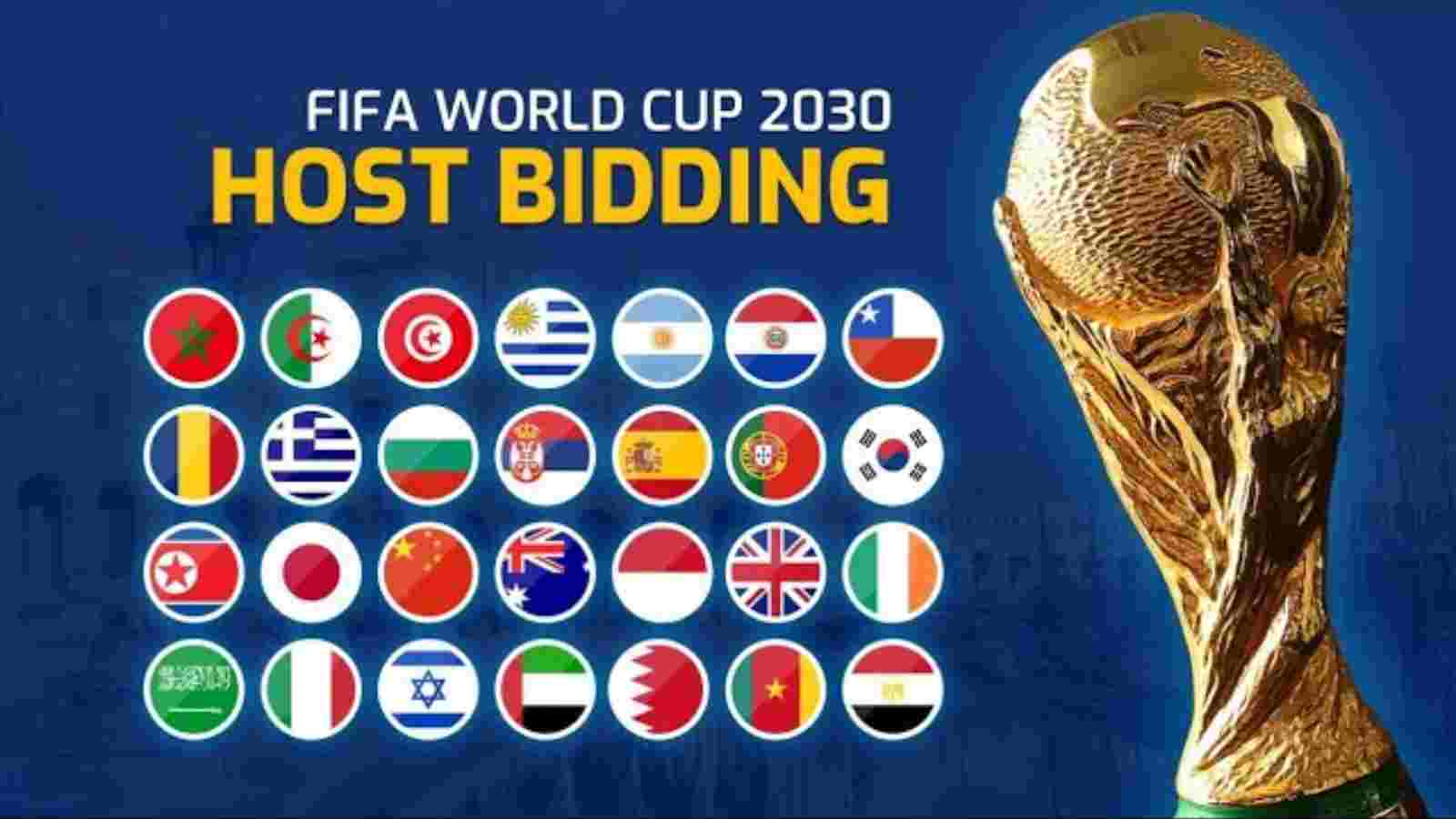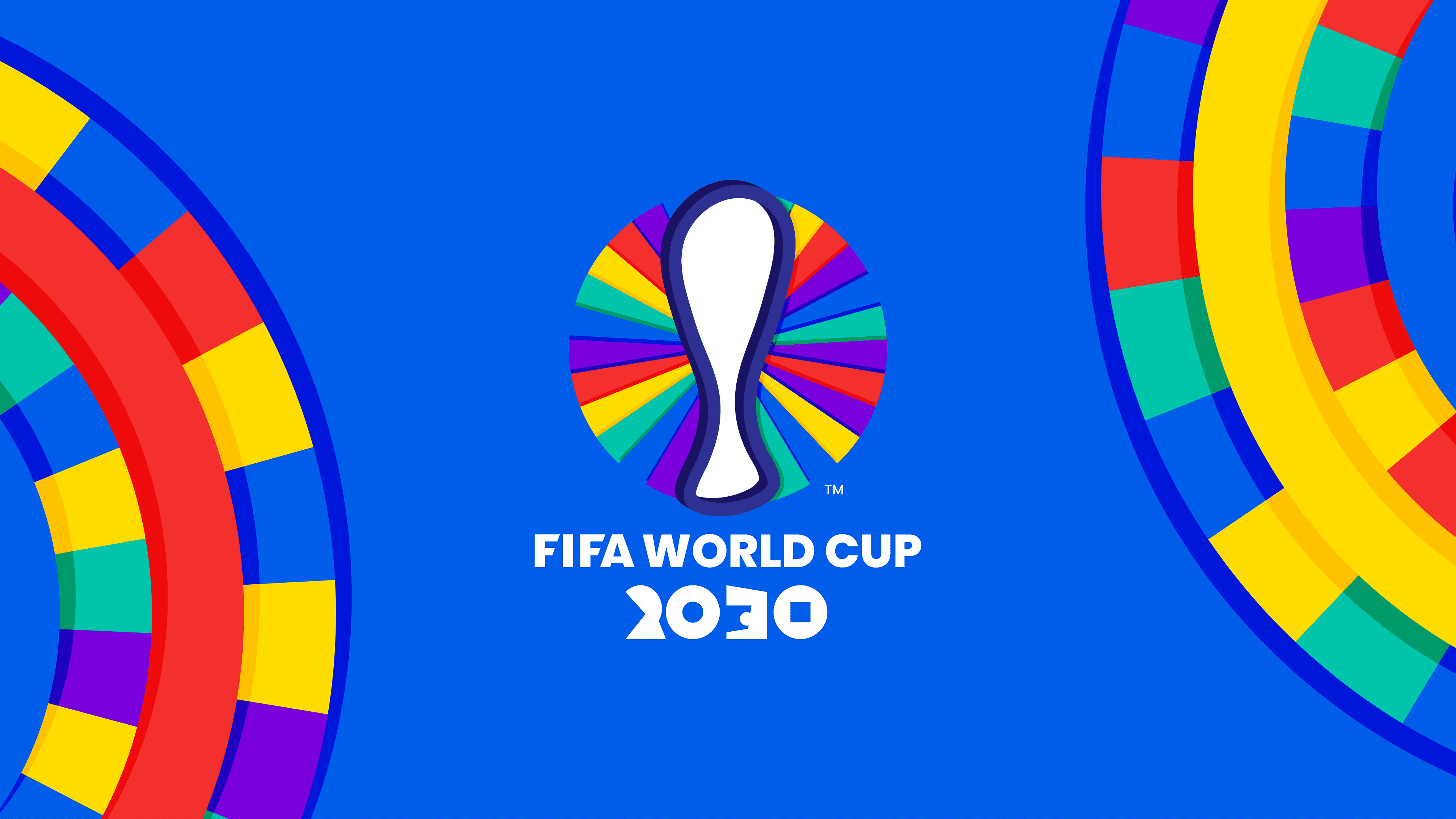The 2030 World Cup: A Catalyst for Global Unity and Multiculturalism promises to be more than just a sporting event; it’s a potential platform for fostering international understanding and cooperation on an unprecedented scale. This global spectacle offers a unique opportunity to showcase the unifying power of sport, transcending cultural and political boundaries to celebrate shared human experiences.
The tournament’s potential impact extends beyond the field, impacting host nations economically and socially. Increased tourism, infrastructure development, and job creation are anticipated, while simultaneously offering opportunities to address social inequalities and improve community infrastructure in underserved areas. However, challenges remain. Addressing potential political tensions and social inequalities will be crucial to maximizing the event’s positive social impact.
The 2030 World Cup’s Potential for Global Unity
The 2030 FIFA World Cup, with its global reach and immense popularity, presents a unique opportunity to foster cross-cultural understanding and cooperation on an unprecedented scale. The tournament’s inherent ability to unite billions of people across diverse backgrounds offers a powerful platform to promote peace, tolerance, and mutual respect.
Global Unity Through the World Cup
The World Cup’s global reach transcends geographical boundaries and political differences, bringing together people from all corners of the world in a shared passion for football. The spectacle of international competition fosters a sense of collective excitement and shared experience, creating a sense of global community. The vibrant cultural exchange among fans from different nations, showcasing their traditions, music, and food, further enriches this sense of unity.
Examples of Past World Cups Showcasing Unity
Past World Cups have provided numerous examples of moments of unity and cultural exchange. The 2006 World Cup in Germany, for instance, was widely praised for its successful integration of diverse cultures and its promotion of a welcoming atmosphere for fans from around the globe. Similarly, the 2010 World Cup in South Africa showcased the power of football to unite a nation and inspire hope amidst social and economic challenges.
These events demonstrated the potential of the World Cup to serve as a catalyst for positive social change.
A Unifying Campaign for the 2030 World Cup

A hypothetical campaign for the 2030 World Cup could leverage the tournament’s unifying power by focusing on shared values and celebrating the diversity of global cultures. This campaign could utilize various media platforms to reach a wide audience and promote a message of unity and mutual respect.
| Target Audience | Message | Media | Campaign Activities |
|---|---|---|---|
| Global Football Fans | “One World, One Game: Celebrating Unity Through Football” | Social Media, Television Commercials, Stadium Displays | Fan festivals showcasing diverse cultures, online interactive games promoting understanding |
| Young People | “The Power of Togetherness: Building a Better Future Through Football” | Educational Programs, Online Platforms, Influencer Collaborations | Youth football tournaments, workshops promoting intercultural dialogue |
| Local Communities | “Connecting Communities: Sharing Our Passions and Building Bridges” | Community Events, Local Media Outreach, Grassroots Initiatives | Community football matches, cultural exchange programs |
Multiculturalism in the 2030 World Cup
The 2030 World Cup presents a significant opportunity to celebrate multiculturalism through diverse player representation and engaging fan experiences. Promoting inclusivity and showcasing the richness of global cultures is crucial for creating a truly memorable and impactful tournament.
Diverse Player Representation and its Global Impact
Diverse player representation on national teams is essential for reflecting the multicultural reality of the modern world and challenging stereotypes. The presence of players from diverse ethnic, racial, and cultural backgrounds not only enhances the sporting spectacle but also sends a powerful message of inclusivity and global citizenship. This can positively influence global perceptions by fostering understanding and breaking down barriers.
Initiatives Promoting Inclusivity and Cultural Diversity

Several initiatives can be implemented to promote inclusivity and celebrate cultural diversity among players and fans. These include:
- Establishing mentorship programs for young players from underrepresented backgrounds.
- Creating platforms for players to share their cultural experiences and perspectives.
- Organizing cultural exchange programs between fans and players from different nations.
- Implementing anti-discrimination policies and educational campaigns to combat racism and xenophobia.
Enhancing the Multicultural Experience Through Stadium Design and Fan Engagement
Stadium design and fan engagement activities play a crucial role in creating a welcoming and inclusive environment for attendees from diverse backgrounds. Specific design elements and activities can enhance the multicultural experience:
- Multilingual signage and announcements.
- Designated areas for cultural celebrations and performances.
- Food stalls offering diverse cuisines from participating nations.
- Interactive exhibits showcasing the cultures of participating teams.
- Accessibility features for people with disabilities.
- Cultural performances and entertainment during halftime and pre-game events.
Economic and Social Impacts of the 2030 World Cup
Hosting the World Cup can generate significant economic and social benefits for the host nations, but it’s crucial to consider both the positive and negative impacts and learn from past experiences.
Economic Benefits for Host Nations
The economic benefits of hosting the World Cup can be substantial, including job creation in construction, hospitality, and tourism; infrastructure development, such as new stadiums, transportation networks, and communication systems; and a boost in tourism, attracting visitors from around the globe. These economic benefits can have a lasting impact on the host nation’s economy.
Social Impacts of Hosting the Event
Beyond economic benefits, hosting the World Cup can have a significant social impact. Improved infrastructure, such as transportation and communication networks, can benefit local communities. Community development initiatives in underprivileged areas, often undertaken in conjunction with the World Cup, can lead to improved living conditions and social cohesion. The event can also foster a sense of national pride and unity.
Comparison of Economic and Social Impacts of Previous World Cups
| Country | Positive Impacts | Negative Impacts | Lessons Learned |
|---|---|---|---|
| South Africa (2010) | Infrastructure development, tourism boost, increased national pride | High costs, displacement of communities, uneven distribution of benefits | Prioritize community engagement, ensure equitable distribution of benefits, focus on sustainable infrastructure |
| Brazil (2014) | Infrastructure improvements in some areas, increased tourism | High costs, social protests, environmental concerns | Careful cost management, community consultation, sustainable development practices |
| Russia (2018) | Infrastructure upgrades, tourism increase | High costs, human rights concerns | Transparency in spending, respect for human rights, focus on legacy projects |
The Role of Media and Technology: The 2030 World Cup: A Catalyst For Global Unity And Multiculturalism
Media coverage and technological advancements play a crucial role in shaping global perceptions of the 2030 World Cup and its impact on unity and multiculturalism. Strategic use of media and technology can enhance fan engagement and promote cross-cultural communication.
Find out about how Thunderclaps Echo: OKC Silences Mavericks in Discordant Battle can deliver the best answers for your issues.
Media’s Influence on Global Perceptions
Media coverage, encompassing both traditional and digital platforms, significantly influences global perceptions of the World Cup. Positive and inclusive reporting can promote a sense of global unity and highlight the tournament’s multicultural aspects. Conversely, negative or biased reporting can undermine these efforts and perpetuate harmful stereotypes.
Technology’s Role in Enhancing Fan Engagement, The 2030 World Cup: A Catalyst for Global Unity and Multiculturalism
Technology can significantly enhance fan engagement and promote cross-cultural communication. Examples include:
- Live streaming and virtual reality experiences allowing fans worldwide to feel part of the event.
- Translation services and multilingual apps facilitating communication among fans from different countries.
- Social media platforms enabling fans to share their experiences and connect with others from diverse backgrounds.
- Interactive games and virtual tours promoting cross-cultural understanding.
A Future Scenario of Seamless Global Communication
Imagine a future scenario where advanced translation technology, augmented reality overlays, and immersive virtual reality experiences create a seamless global communication network during the 2030 World Cup. Fans could interact with players and fellow fans from across the globe in real-time, regardless of language barriers. Augmented reality could provide real-time cultural information about different teams and their fans, enhancing the overall viewing experience and promoting understanding.
This would foster a sense of global community and shared experience, transforming the World Cup into a truly unified global event.
Challenges and Opportunities for Promoting Unity and Multiculturalism
While the 2030 World Cup offers immense potential for promoting global unity and multiculturalism, several challenges must be addressed to maximize its positive social impact. Proactive strategies are needed to overcome these obstacles and ensure a truly inclusive and unifying event.
Challenges and Proposed Solutions
| Challenge | Proposed Solution |
|---|---|
| Political tensions and geopolitical conflicts | Promote dialogue and diplomacy, emphasize the unifying power of sport, create opportunities for intercultural exchange |
| Social inequalities and discrimination | Implement anti-discrimination policies, promote diversity and inclusion, invest in community development programs |
| Logistical challenges and infrastructure limitations | Careful planning and coordination, investment in sustainable infrastructure, engagement with local communities |
| Media bias and misinformation | Promote responsible journalism, fact-checking initiatives, media literacy programs |
| Economic disparities and unequal access to the event | Affordable ticketing options, accessibility initiatives, community engagement programs |
Ultimately, the success of the 2030 World Cup in achieving its goals of global unity and multiculturalism will depend on a concerted effort from organizers, participating nations, media outlets, and fans alike. By leveraging the power of media, technology, and inclusive initiatives, the tournament can serve as a powerful symbol of international collaboration and mutual respect, leaving a lasting legacy far beyond the final whistle.



